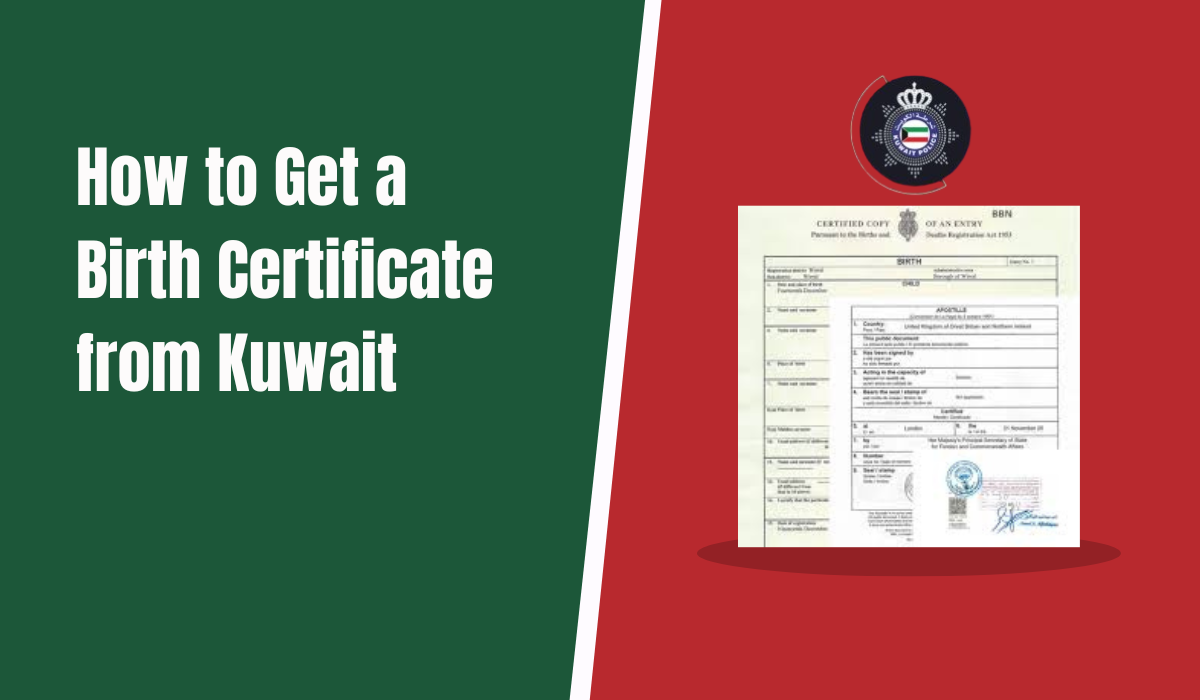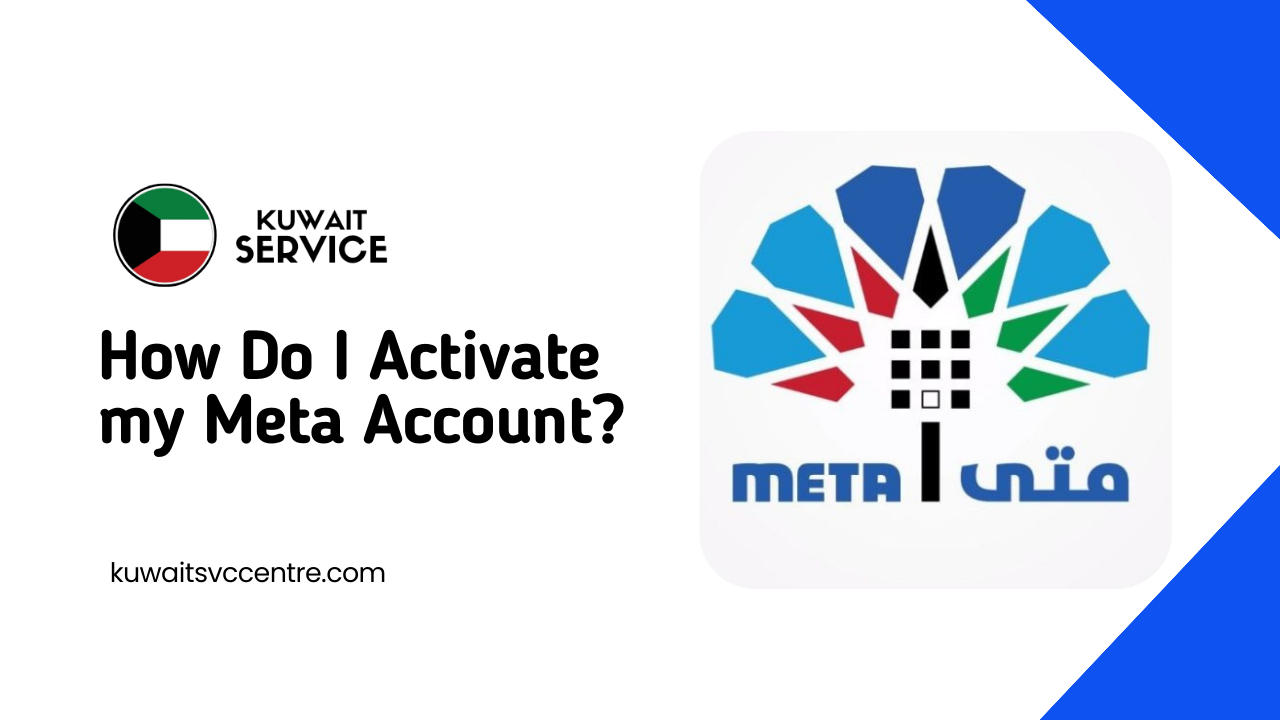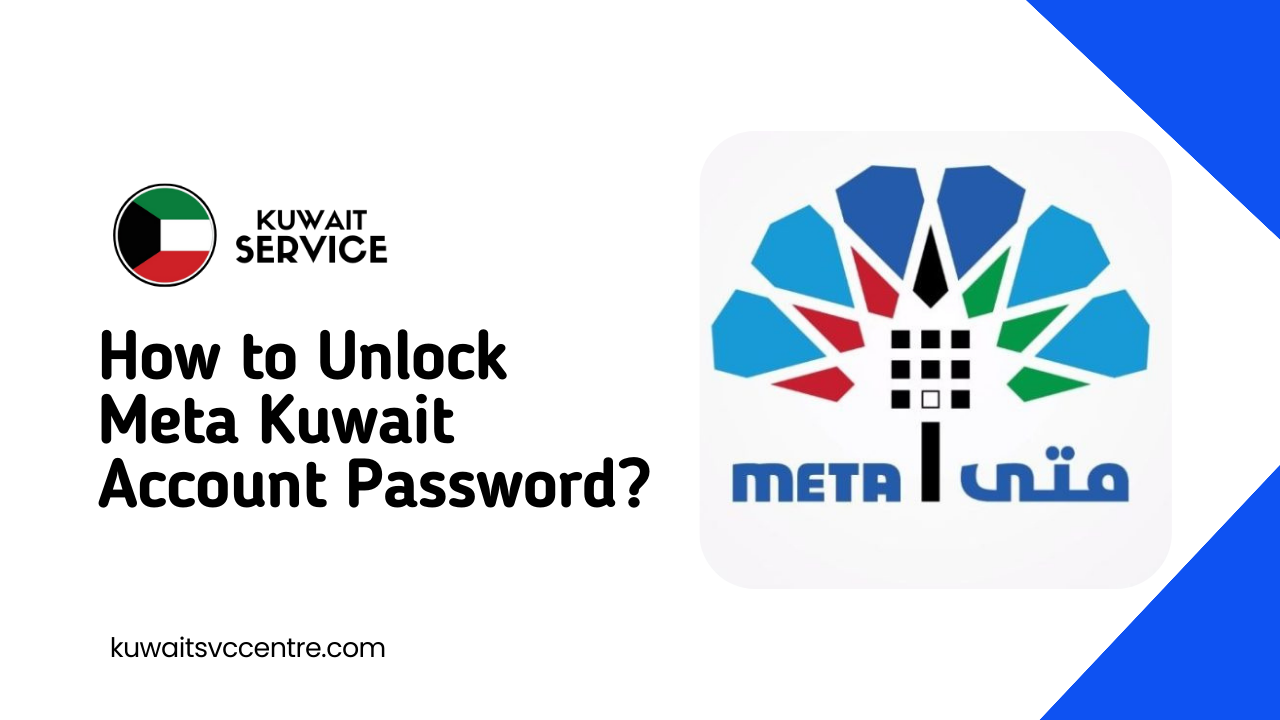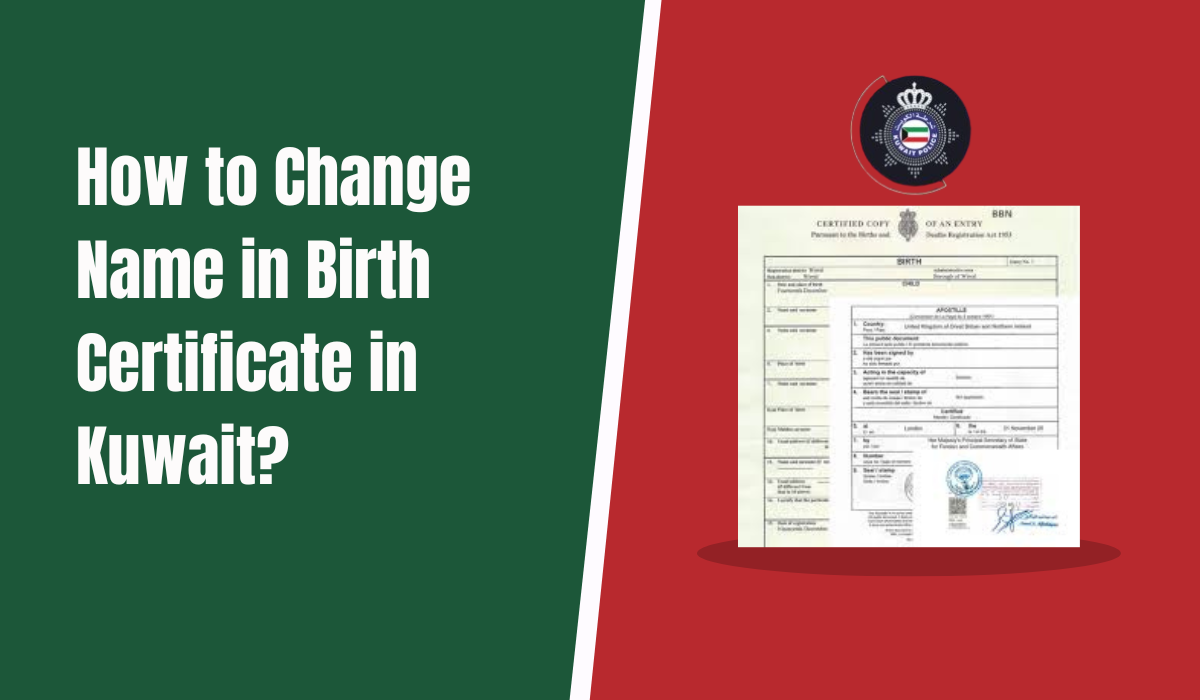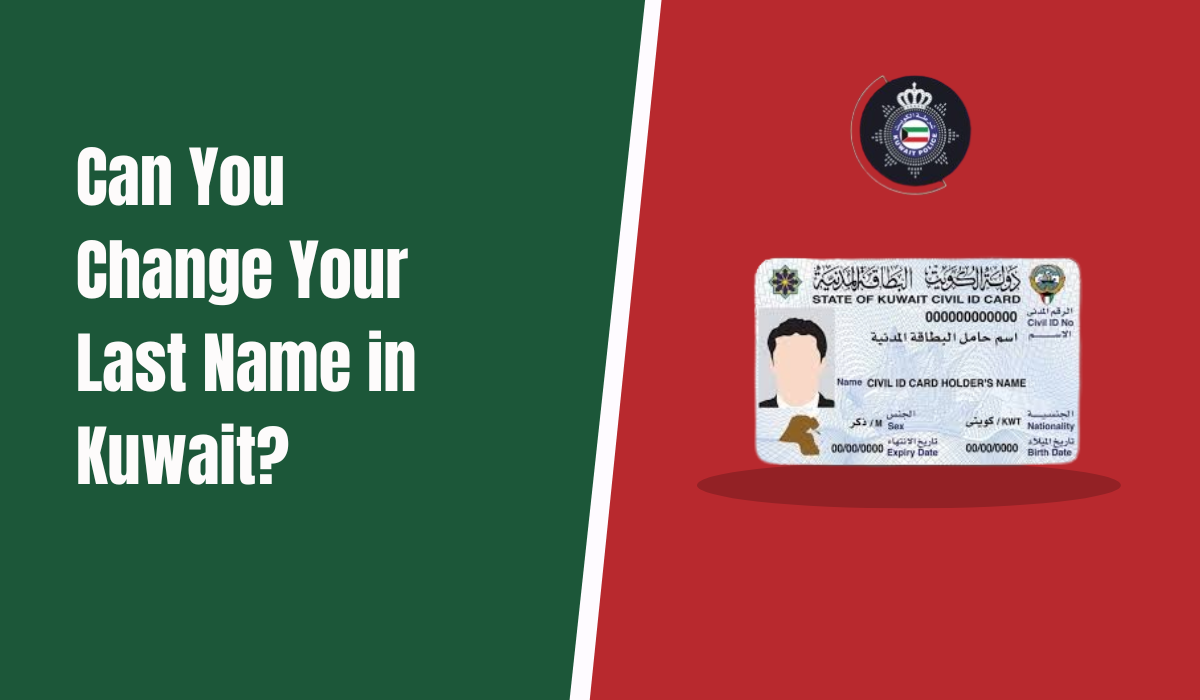How to Get a Birth Certificate from Kuwait? If you’re an expatriate family in Kuwait, understanding the bureaucratic process of securing a birth certificate is essential, as this document is necessary for obtaining both a passport and residency (iqama) for your newborn.
A birth certificate must be registered within 60 days of the child’s birth to avoid fines or potential penalties, so early preparation is key. Here’s a comprehensive guide to help you navigate the process, including all essential documents, steps, and tips for expats living in Kuwait.
Read Also: How to Change Name in Birth Certificate in Kuwait?
Why You Need a Birth Certificate in Kuwait
In Kuwait, a birth certificate is vital for expatriate families as it is a prerequisite for obtaining a passport and iqama for the child. Without this document, your child cannot be legally registered, and delays in submission could lead to fines or, in rare cases, legal action. By understanding and following the steps below, you can streamline this process and ensure timely compliance.
Required Documents For Birth Certificate
To obtain a birth certificate, expatriate parents need to prepare several official documents. Below is a checklist of the primary documents required:
- Yellow Health Card: Issued when the pregnant mother registers with her local clinic and hospital.
- Marriage Certificate: Must be translated into Arabic and attested by both the embassy of the parents and the Kuwaiti Ministry of Foreign Affairs.
- Valid IDs: Both parents should have their Civil IDs and passports.
- Birth Report: Issued by the hospital after childbirth.
The above documents are necessary to obtain a birth certificate from the designated birth records office.
How to Get a Birth Certificate from Kuwait?
To make this process more manageable, here’s a step-by-step guide to help you navigate the formalities:
Step 1: Register at the Local Clinic and Hospital
A pregnant woman must open a health file at her designated area clinic and hospital. The registration costs KD 10 and requires a Civil ID with an updated address. The clinic will issue a Yellow Health Card upon registration, which is essential for all further medical visits.
Each visit incurs a nominal fee of KD 2, and any required vitamins will need to be purchased externally as they are not provided to expatriates.
Step 2: Attest Marriage Certificate and Translate Documents
Before the birth, ensure your marriage certificate is translated into Arabic and attested by both your embassy and the Kuwaiti Ministry of Foreign Affairs. The attestation fee at the Ministry is KD 5. These documents must be kept ready for the hospital’s discharge procedure post-delivery.
Step 3: Delivery and Hospital Paperwork
Upon delivery, hospitals issue a preliminary Birth Report. Ensure that all necessary paperwork is handled during this time. If assistance is needed, especially if delivery occurs outside standard visiting hours, you may rely on a female friend or co-worker. This initial birth record will then be required to complete the birth certificate process at the government records office.
Step 4: Visit the Birth Records Department
After securing the pink copy of the birth report from the hospital’s records department, expatriate parents must proceed to their designated birth records department to obtain the birth certificate. Delaying this process can result in penalties, so ensure timely submission.
- Subhan Birth Records Office: For residents of Kuwait City, Khaitan, Omariya, Farwaniya, and Jleeb Al-Shoukh.
- Maidan Hawally Birth Records Office: For residents of Salmiya, Rumaithiya, Hawally, Shaab, and Dasman.
- Ahmadi Governorate Birth Records Office: For those in Fahaheel, Egaila, Ahmadi, Abu Halifa, and Mangaf.
Step 5: Follow-Up Visits and Final Collection
The records department often requires a few days to process the birth certificate. Be prepared for potential minor corrections, such as erasures or document inconsistencies, and consult the translation department if needed.
After a week, you may return to collect the finalized birth certificate card, which will be issued in Arabic.
Note: For expatriates, the birth certificate will need to be translated into the language of your home country to proceed with a passport application for your child, which is essential for obtaining residency.
Cost of Maternity and Health Services in Kuwait
Expatriates in Kuwait pay various charges for medical services. Since 2016, maternity costs at public hospitals have increased, with KD 150 charged for C-sections and KD 100 for natural deliveries.
This is in addition to the mandatory KD 50 annual health insurance fee that expatriates must pay. These fees apply across Kuwait’s public healthcare facilities, and it is advisable to prepare financially for these expenses if you are planning to start a family.
Birth Certificate Centers in Kuwait
Different areas in Kuwait have designated birth record centers where families can apply for birth certificates. Here’s a quick reference to guide you on where to go based on your location:
| Area of Residence | Birth Certificate Center |
|---|---|
| Salmiya, Rumaithiya, Hawally, Shaab, Dasman | Maidan Hawally |
| Kuwait City, Khaitan, Omariya, Farwaniya, Jleeb Al-Shoukh | Subhan Birth Records Office |
| Fahaheel, Egaila, Ahmadi, Abu Halifa, Mangaf | Ahmadi Governorate Birth Records Office |
Important Tips for Expats
- Prepare Early: Start gathering and translating all necessary documents during pregnancy. Avoid last-minute delays by ensuring documents are ready in advance.
- Follow Up Regularly: Be proactive in following up with the records office, as processing times can vary.
- Budget for Healthcare Costs: The mandatory health insurance fee doesn’t cover all maternity expenses, so plan for the additional hospital fees.
- Know Your Area: Familiarize yourself with the birth records office in your area to streamline the process.
Conclusion
How to Get a Birth Certificate from Kuwait involves specific steps that expatriate families should be aware of in advance.
By preparing the necessary documents, staying organized with appointments, and understanding the official channels, you can simplify the process and ensure your child’s documentation is to obtain a passport and iqama. For expatriates, it’s especially crucial to act promptly to avoid penalties and delays.
